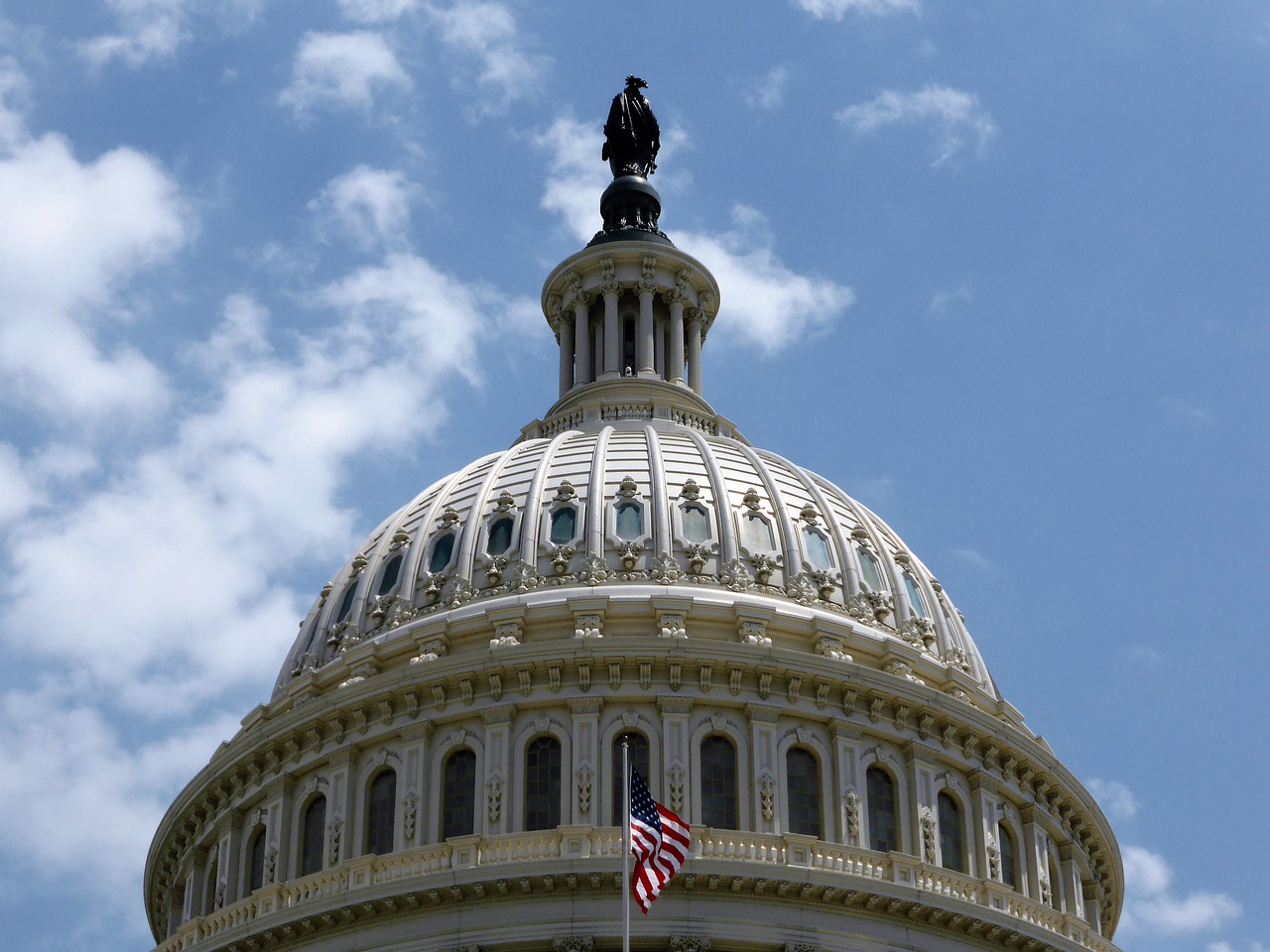Brazilian Supreme Court Criminalizes Homophobia and Transphobia
The Brazilian Supreme Court on Monday, May 27 criminalized homophobia and transphobia in a 6 to 5 decision amongst the 11 justices. The country’s highest court has legally determined that homophobia and transphobia, as well as overall discrimination against LGBTQIA+ peoples, is similar to racism as well as discrimination against non-white people of color. The majority of the high court’s justices were appointed by former leftist presidents Luiz Inácio Lula da Silva and Dilma Vana Rousseff of the socialist Worker’s Party.
LGBTQIA+ activists believe that this legal decision will increase and solidify human rights and civil liberties protections within their community due to the fact that countries such as Brazil have one of the highest crime rates against its queer population. This particular decision comes at a time where the country’s religious right and right-wing to far-right conservative politicians have made controversial statements or political proposals regarding the queer community, including Brazilian President Jair Bolsonaro who said that he personally would rather have a dead son than a gay son and also said that Brazil is not a “gay tourism paradise”.
While queerphobia is hostile nationwide, LGBTQIA+ peoples in Brazil enjoy various legal rights and liberties including recognition of same-sex marriages or civil unions, the right to adopt children or minors, a ban on conversion therapy for minors, and allowing them to serve openly as well as enlist in the armed forces. However, other issues remain a challenge such as allowing legal commercial surrogacy for gay male couples, permitting a third gender option for gender queer peoples, and protecting intersex children or minors from invasive surgical procedures.




